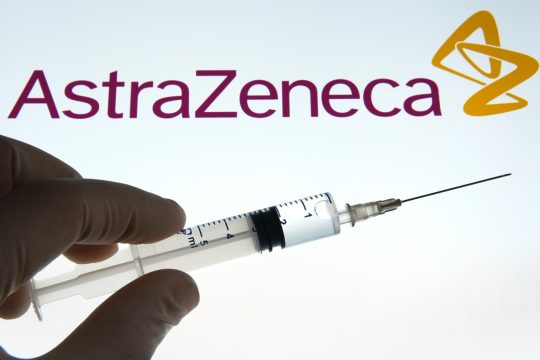Advertisment
Risk of low testosterone jumps significantly with use of long-acting opioids for chronic pain

By Bruce Sylvester – Men treated with long-acting (extended release) opioids for chronic pain experience low testosterone levels five times more often than men using short-acting (immediate release ) opioids, researchers reported on January 31, 2013 in The Clinical Journal of Pain.
“There’s a large gap in the evidence base with regard to opioids,” said Andrea Rubinstein, MD, of the Departments of Chronic Pain and Anesthesiology, Kaiser Permanente Santa Rosa Medical Center, Santa Rosa, California. “More safety and efficacy studies are needed. We need to know how we can prescribe these very useful medications in a way that brings the greatest benefits to our patients, without introducing additional risks.”
Low testosterone has been associated with decreases in muscle mass, bone density, cognition, mood, libido and general quality of life.
The investigators evaluated retrospectively data on 81 men, between 26 and 79 years old (median age 51), who were patients in the chronic-pain clinic at Kaiser Permanente’s Santa Rosa Medical Center between January 2009 and June 2010.
All subjects had been treated with a stable dose of an opioid for at least three months. None had a history of low testosterone.
The investigators compared testosterone data for subjects using short-acting opioids taken every four to six hours, and long-acting opioids, taken every eight to 12 hours.
A healthy young male should have testosterone levels between 300 and 800 nanograms per deciliter (ng/dL). The investigators defined “low testosterone,” also known as hypogonadism, as less than 250 ng/dL.
Seventy-four percent of the long-acting opioids subjects experienced low testosterone levels, compared with 34 percent of the short-acting subjects.
Controlling for daily dosage and body mass index, the investigators found that the risk of having low testosterone was 4.78 times greater for men taking a long-acting opioid than a short-acting opioid.
Dosing did not affect the risk of low testosterone.
“These medications work well for short-term, acute pain,” said Dr. Rubinstein. “It has long been extrapolated that they can also be used safely long-term to control chronic pain. We are now finding that the long-term use of opioids may have important unintended health consequences.”
Another retrospective study, by the same research team and involving over 1,500 men, is underway.





